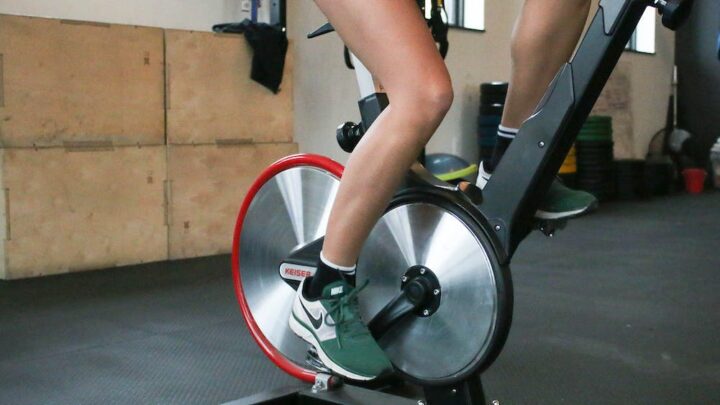Why we did this study:
Chronic kidney disease (CKD) is defined as the presence of kidney damage, or a decreased level of kidney function, for three months or more. When the kidneys are not working properly, there is a slow buildup of waste products in the body. This increases inflammation levels and makes children with CKD feel unwell. Children with CKD also often have low levels of physical activity and fitness. We wanted to see how exercise would affect inflammation in children with CKD.
What we did:
We had 9 children with CKD (stages 3-5) come to our laboratory and perform about 30 minutes of exercise on a stationary bike at a moderate to intense level. We took blood samples before and immediately after the exercise to measure:
- Immune cells called natural killer (NK) cells.
- Blood cells called progenitor cells that help keep blood vessels healthy.
- Proteins in the blood called cytokines that are involved in inflammation.
What we found:
- Most of the immune cells did not change with exercise.
- A special type of NK cell (called CD56bright) increased with exercise.
- Exercise tended to shift the balance of cytokines to help lower inflammation, but this was not statistically significant.
Why it matters:
This study was a pilot study, which means we tested a new idea. We tested the idea that exercise could influence inflammation in children with CKD. Our results suggest that when kids with CKD exercise, markers of inflammation change in a way that may have benefits. Importantly, this study tells us that exercise did not make inflammation worse. We need to do a bigger study to see if regular exercise can help improve inflammation in children with CKD.
Published Results:
Find out more:
We continue to look at the effects of physical activity and fitness on the health of children with CKD in our new study: The CHAMPION Study.
For more information on CKD, check out The Kidney Foundation of Canada.
This study was done in collaboration with the pediatric nephrology clinic and staff at McMaster Children’s Hospital.

